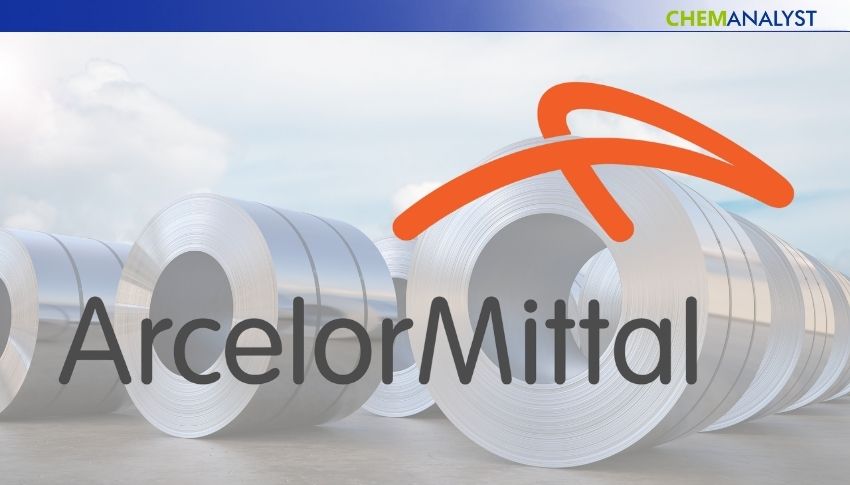Welcome To ChemAnalyst

ArcelorMittal has halted its €2.5 billion green steel transition plans for two German plants due to economic non-viability and adverse market conditions. Despite government subsidies, the company cited uncompetitive hydrogen costs and weak steel demand. ArcelorMittal now aims to prepare for electric arc furnace deployment when conditions improve.
ArcelorMittal, one of the world’s leading steel producers, has announced the suspension of its ambitious plans to transition two of its German facilities to green steel production. The company had aimed to decarbonize its flat steel mills located in Bremen and Eisenhüttenstadt, a move that was anticipated to play a pivotal role in lowering its carbon footprint. However, citing financial impracticality and adverse market conditions, the company has officially withdrawn from the project.
Originally, the transformation plan was estimated to cost around €2.5 billion (approximately $2.9 billion), with the German government pledging a €1.3 billion subsidy to support the initiative. Under the terms of the agreement, ArcelorMittal was expected to commence construction this month. However, the company formally informed authorities that it could not proceed with the project as planned. The decision underscores significant concerns about the economic viability of CO2-reduced steel production under current market dynamics.
Geert Van Poelvoorde, CEO of ArcelorMittal Europe, emphasized the pressure the European steel industry is facing in terms of global competitiveness. “Even with the substantial financial aid, the shift towards low-carbon steel is not economically sustainable at this point,” he said. Van Poelvoorde added that European steelmakers are already struggling to maintain profitability amid rising operational costs, and additional investments required for decarbonization are proving unmanageable.
A critical barrier identified by ArcelorMittal is the immaturity of low-carbon hydrogen technology, which was to serve as a cornerstone of the green steel process. The company noted that hydrogen is not yet a feasible or cost-effective energy source for steel manufacturing. Furthermore, natural gas-based alternatives, which could serve as interim solutions, are also not competitively priced in the current energy market.
Despite this setback, ArcelorMittal is not abandoning its long-term sustainability goals. The company stated that it will now shift its focus toward planning for the future construction of electric arc furnaces. These systems could enable low-carbon production once the technological and economic conditions become more favorable.
In a broader policy context, the steelmaker called on both the European Commission and national governments, including Germany, to enhance support for green steel initiatives. Key policy changes recommended include stabilizing electricity prices, implementing a carbon border adjustment mechanism, and addressing the influx of steel imports into the European market, which further weakens domestic demand.
ArcelorMittal’s decision reflects the broader challenges the steel sector faces in balancing environmental objectives with financial sustainability, highlighting the need for stronger policy frameworks and market incentives to drive meaningful decarbonization.
We use cookies to deliver the best possible experience on our website. To learn more, visit our Privacy Policy. By continuing to use this site or by closing this box, you consent to our use of cookies. More info.
